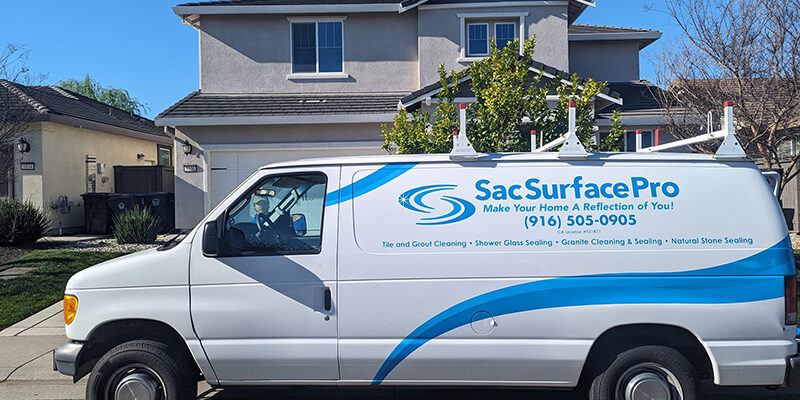Resources to Ensure Fair Pay For Disaster Recovery Work

In response to recent severe weather events, the U.S. Department of Labor (DOL) reminded employers who clear debris, repair homes, or provide other disaster recovery services to avoid using pay practices that violate federal regulations by taking advantage of the many resources it provides.
“While employers involved in disaster recovery are focused largely on responding to the needs of people in areas stricken when calm resumes, they cannot overlook their obligations to pay people fully and properly for the hard work they do,” explained Michael Speer, DOL Wage and Hour Division district director in Oklahoma City. “The U.S. Department of Labor acts quickly to protect workers’ rights to their full wages, protections, and benefits, and encourage employers and workers to contact us for guidance to avoid compliance issues.”
Last month’s Houston area storms also prompted a reminder of how the Wage and Hour Division’s Natural Disaster Compliance Assistance Toolkit offers employers valuable assistance. The kit includes downloadable information on how to avoid violations of the Fair Labor Standards Act and focuses on the most common infractions by employers involved in disaster recovery, clean-up, and rebuilding efforts. Division investigators often find employers not paying proper minimum, overtime, and prevailing wages; misclassifying employees as independent contractors; keeping incomplete payroll records; and using child labor illegally.
“Workers are especially vulnerable after communities are impacted by severe weather or disasters, and once the worst is over, the U.S. Department of Labor moves quickly to protect the rights of workers to be paid their full, legally earned wages,” explained Chad Frasier, Wage and Hour Division district director in Houston.
Storm and disaster recovery employees failed to be paid fully can confidentially call 1-866-4-US-WAGE (487-9243). The DOL protects workers regardless of immigration status and can communicate with workers in more than 200 languages. Learn more about contacting the division or about how to file a complaint.












